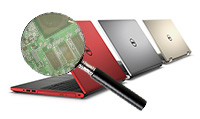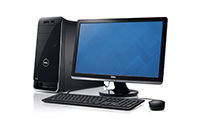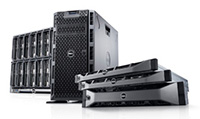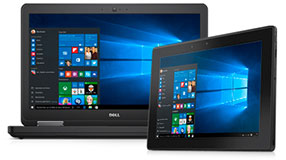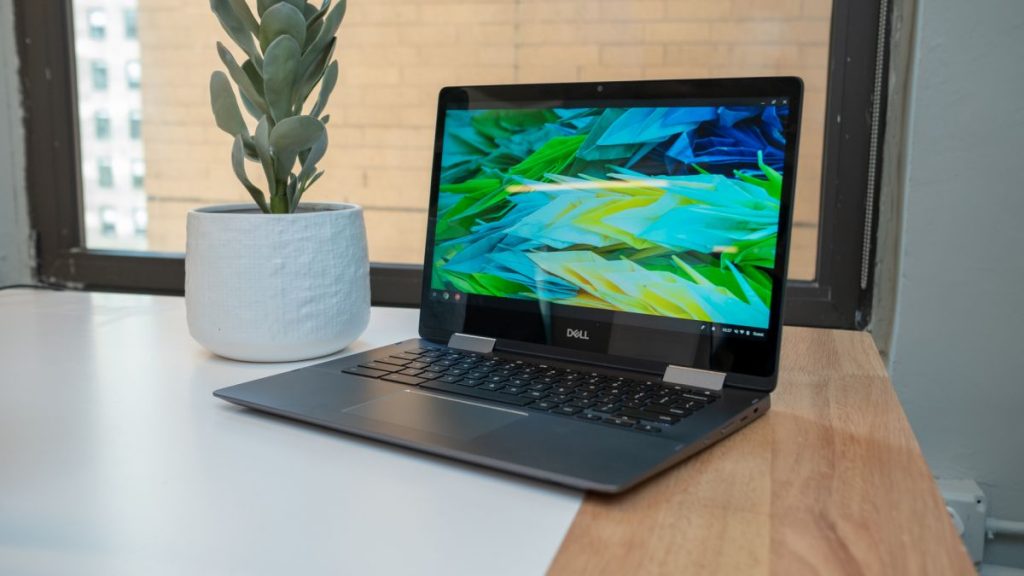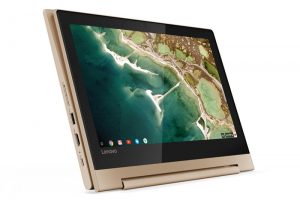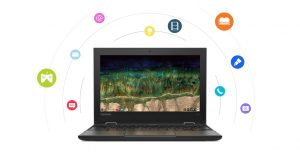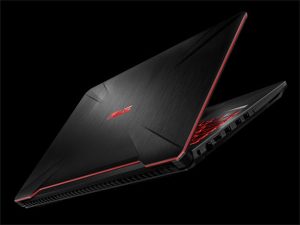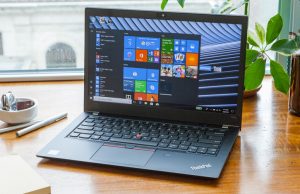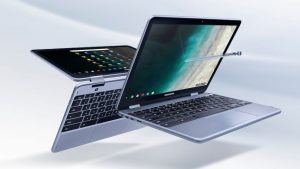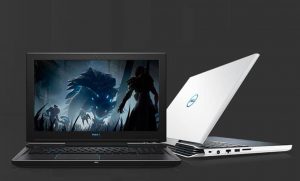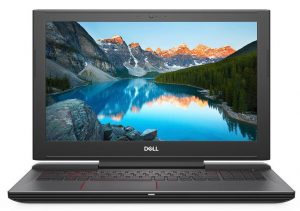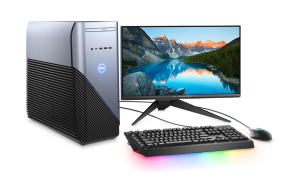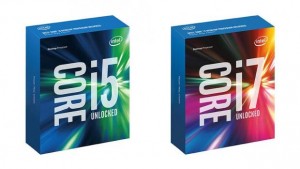

The Core i7-6700K and Core i5-6600K are the first from Intel’s sixth-generation Core processor family, codenamed Skylake. These 14-nanometer chips are unlocked for maximum overclocking (all the “K” series CPUs will be), and Intel claims they should provide roughly a ten percent boost in overall performance from their previous generation of high-end desktop CPUs. Both processors will feature a quad-core design with 8MB of LG cache and impressive clock speeds (the i5-6600K runs at a base 3.5GHz speed with the ability to overclock up to 3.9GHz, while the i7-6700K runs a little faster at 4.0GHz and has the ability to overclock up to 4.8GHz). And just to further sweeten the pot for these tiny performance boosters, the Intel Skylake line utilizes a new Z170 chipset, which adds USB 3.1 Type-C and Thunderbolt 3.0 support. The only current downside I can see to the new architecture is that you will need a whole new motherboard or PC to take advantage of it, as Skylake CPUs use a new LGA1151 socket that is incompatible with the LGA1150 motherboards used for Haswell and Broadwell. But if you’re an avid gamer looking to upgrade soon, the Skylake chips are something I’d keep my eye out for in your next big PC buy.
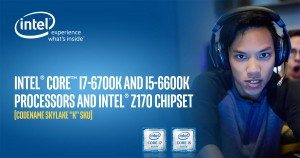


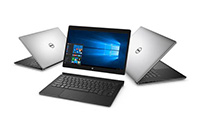 Laptop & Tablet Parts
Laptop & Tablet Parts